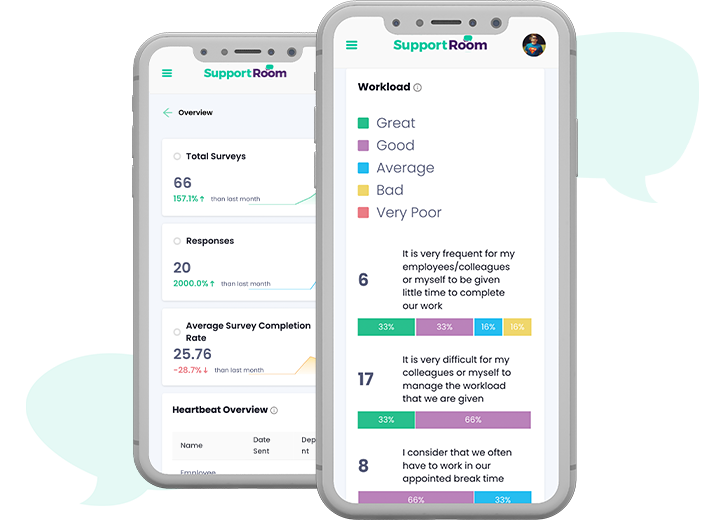Binge Eating








- Addiction
- Anorexia
- ADHD
- Bereavement
- Binge Eating Disorder
- Bipolar Disorder
- Body dismorphic disorder
- Depression
- Eating Disorder
- Generalised Anxiety Disorder
- Post-Traumatic Stress Disorder
- Obsessive Compulsive Disorder
- Health anxiety
- Phobias
- Panic attacks
- Postnatal Depression
- Sleep disorders
- Psychosexual Issues
- Self Harm
- Social anxiety
- Stress
- Substance misuse
- Work-related stress
Do you find yourself unable to stop eating? Are you overeating, even when you’re not hungry? Perhaps you feel like you lose control while you binge – and then feel guilty and ashamed afterwards? These may well be signs of a binge eating disorder.
Binge eating disorders can pose a severe threat to your mental and physical welfare and can have some lasting health implications.
What is a binge-eating disorder?
All eating disorders are serious. Many people confuse the term “binge-eating disorder” with Bulimia; but it’s not the same thing.
If you eat very quickly and can’t stop even when you feel uncomfortably full, and if you do this in secret and lie about how much you’ve eaten, then you could be suffering from binge-eating disorder.
Bulimia is a condition that usually involves binging and purging, where the sufferer makes themselves sick after excessive overeating. A person with binge-eating disorder, on the other hand, doesn’t make themselves sick – they don’t try and compensate for the excess calories.
This doesn’t make the condition any less severe, however. Overeating puts your entire body under stress and can have devastating effects for your physical health and your mental wellbeing.
How can I stop?
Like all eating disorders, most people find it impossible to stop on their own. They may be able to achieve a couple of months of abstinence, but – eventually – a stressful situation triggers them into another bout of giving in to the urges.
And – for many people – each time they give in to the urges, they find that things get worse.
What help can I get?
That cycle of abstinence and release is ubiquitous in compulsive binge eaters. And there’s always an emotional trigger that sets you down a path of destruction.
Treatment for binge-eating disorder often involves exploring the triggers; recognising the situations that cause you to retreat into the destructive cycle of bingeing.
Therapies such as Cognitive-Behavioural Therapy (aka CBT) and Modified Dialectical Behavioural Therapy (DBT) can help you recognise your triggers and relearn your responses to them.

Get a free Heartbeat Survey.
Let us uncover the true state of your team’s wellbeing with a free mental health survey for your entire organisation.
Gain valuable insights to see how you can better support your team’s mental health and performance.
No pitch. No credit card required.
Therapy on your terms
Get face-to-face, online help from a highly-qualified therapist who can help you regain control.
